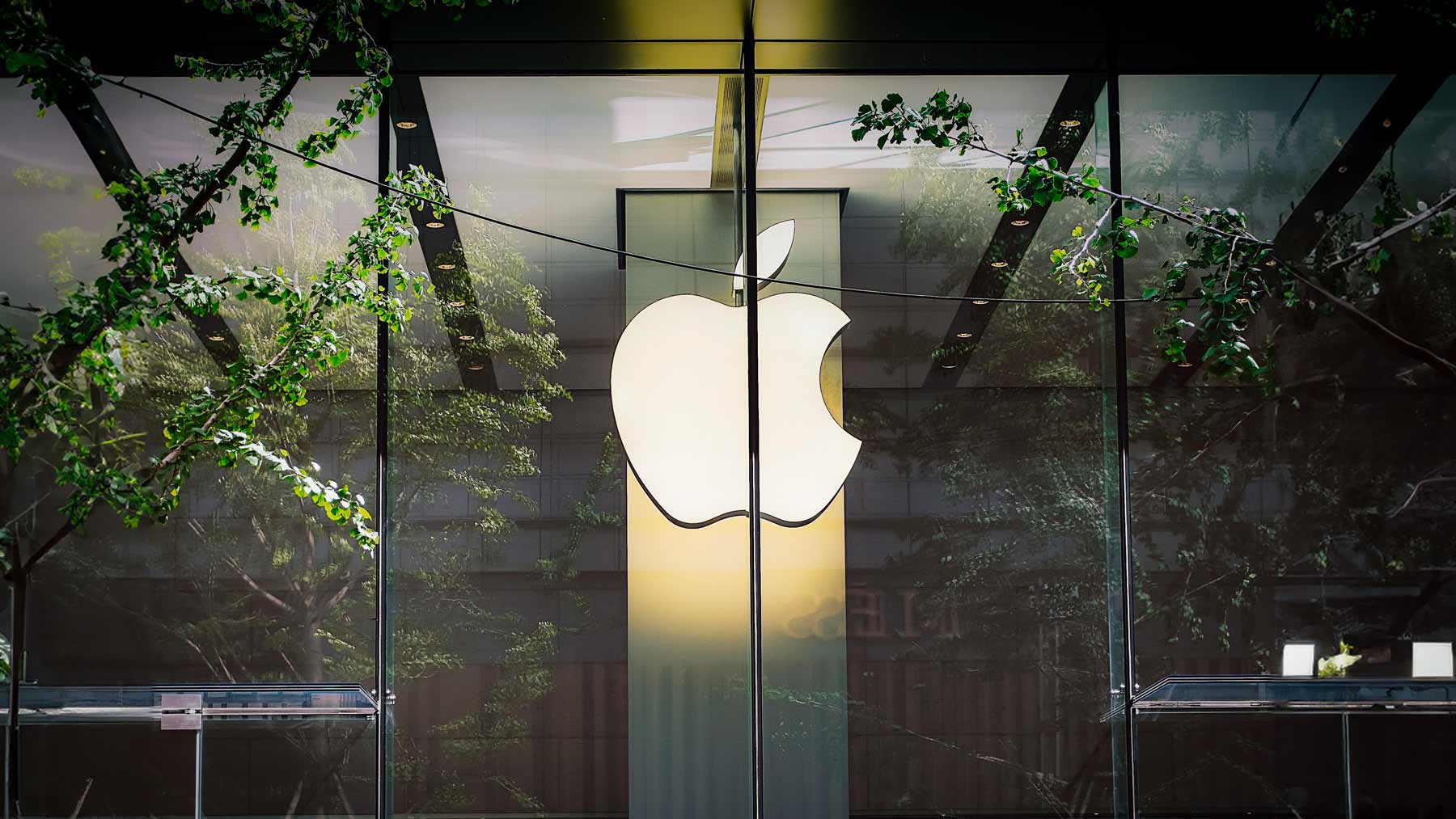The US Department of Justice has launched a sweeping antitrust lawsuit against Apple, accusing the tech giant of illegally maintaining a monopoly with its iPhone and iOS ecosystem. The case, joined by 16 states and districts, alleges that Apple uses restrictive policies to stifle competition and extract higher prices from consumers and developers.
At the core of the government’s complaint is the assertion that Apple wields its control over iOS and the App Store in an anticompetitive manner. Prosecutors claim Apple has imposed contractual rules that block potential rivals and technologies that could reduce users’ reliance on iPhones.
Specific allegations include suppressing “super apps” that bundle multiple services, blocking cloud gaming platforms, undermining messaging between iPhones and Android devices, restricting smartwatch capabilities, and preventing third-party digital wallets.
“Apple exercises its monopoly power to extract more money from consumers, developers, content creators, artists, publishers, small businesses, and merchants,” the DOJ stated.
DOJ Antitrust Chief Jonathan Kanter accused Apple of a “Whac-A-Mole” strategy of imposing new restrictions whenever competitive threats emerge to protect its lucrative iOS ecosystem.
The lawsuit seeks to stop Apple’s allegedly anticompetitive practices and restore competition, though officials did not detail potential remedies like a company breakup at this stage.
Apple has long defended its tight control over iOS as a way to enhance security, privacy and user experience. The case sets up a high-stakes battle over how much companies can restrict their platforms.





